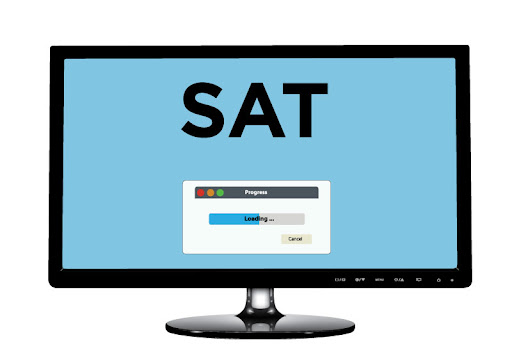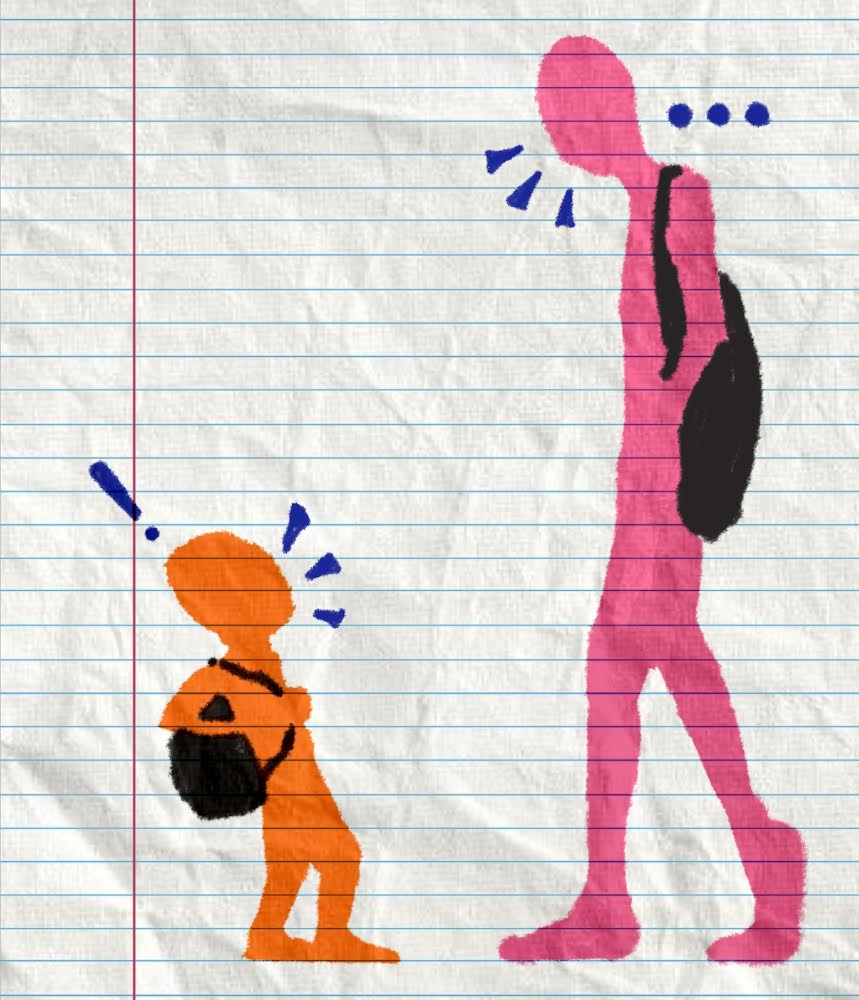March 9, 2024: The official day of the SAT entirely changed forever.
Sounds intimidating, right? It may not be for some test-takers, but for others who feel unprepared, it is. The College Board consistently voices its efforts to skillfully tailor the Digital SAT to embody the same rigor as the previous paper SAT. However, with the rise of the March 9 Digital SAT, this statement seemed deceptive to many overwhelmed students.
The Module 2 Math section has grown to become infamous among test-takers. Many claim this section serves as the “highlight” of the exam, with some claiming it to be one of the most challenging math sections in the SAT’s history. However, those who didn’t take the March 9th SAT could only imagine what it was like, causing growing concern among students already weary of the SAT’s new adaptive feature.
The debate around the SAT’s new changes has raised questions about whether they pose pros or cons for current and future students.
Trisha Patel, a Junior at Fremd who took the March 9th SAT, stated, “I think the reading was easier because it was much shorter, and I didn’t feel as rushed as I did on the previous SAT.”
She added, “Math was super challenging because I felt that there was an unusually small amount of simple Algebra!”
While Trisha supports the exam’s improved pacing, she also mentions the Digital SAT’s flawed representation of a student’s math, reading, writing, and logical skills. She firmly believes the test should access everyday applicable concepts, such as Geometry, Algebra, and textual evidence and analysis, instead of using high-level, rare vocabulary or solving multivariable problems.
With the unpredictability of the exam set by the first administered Digital SAT, some believe this may even accentuate the growing difficulty of college admissions. News reports have rapidly released updates on the return of test requirements. Several top-tier schools, such as Dartmouth, Yale, Brown, MIT, Georgetown, Purdue, and UT Austin, have decided to require students to either submit SAT or ACT scores starting the Fall of 2025 admissions cycle.
Most of these test requirement changes resulted from numerous studies that discovered that SAT or ACT scores were better predictors of college success than a student’s cumulative GPA. For instance, according to the New York Times, UT Austin reported that students who submitted their test scores were 55% less likely to have a first-semester GPA below 2.0. Like many other students, these findings hit me like a truck. How can one exam weigh more than a student’s dedication throughout their entire high school career?
Despite these reports, some students are concerned that college admissions will never be the same due to the reported difficulty of the Digital SAT and the returning test requirements at many of their dream schools. Many believe the new situation discourages those hoping to apply to their dream schools post-COVID because of the open barriers to test-optional policies placed on college admissions.
However, students may also experience unexpected advantages. Considering the recent striking drop in acceptance rates due to a higher number of applicants for test-optional universities, reawakening test requirements may raise these rates again. Since the effects of these changes still need to be determined, students can take advantage of the shorter SAT sections to hone in on analyzing short passages and experimenting with new ways to approach math problems.
For example, the shorter reading comprehension sections can improve one’s ability to retain limited information. Familiarizing oneself with the format using free, accessible tests on BlueBook and solidifying skills using official SAT resources, such as Khan Academy, may decrease students’ stress. However, whether the Digital SAT is deemed a success in terms of college applications will only be clear years into the future.









